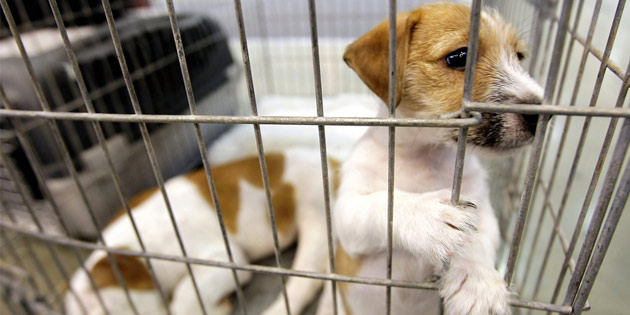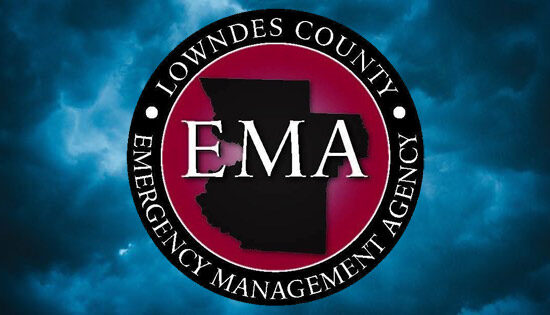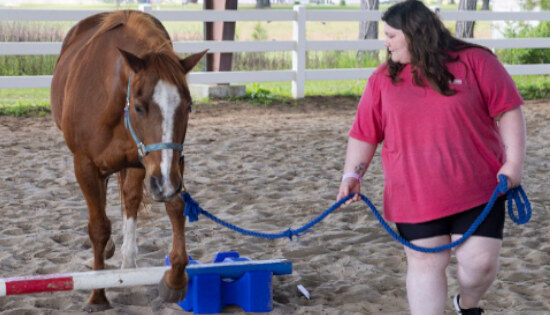LOWNDES CO. – Two pools in Lowndes County have tested positive for West Nile Virus prompting residents to prevent mosquito-borne illnesses.
Release:
Two mosquito pools in Lowndes County have tested positive for West Nile Virus and the Georgia Department of Public Health’s South Health District wants to remind all South Georgians to take precautions to prevent mosquito-borne illnesses.
The presence of mosquito-borne illnesses within an area can be identified through testing of mosquito pools. They can also be identified through animal testing, generally conducted by a veterinarian, after an animal presents with symptoms of the illness.
Most mosquito-borne illnesses are transmitted to humans and animals through the bite of an infected mosquito.
Tips to prevent mosquito bites are:
- Use insect repellent containing DEET, picardin, IR3535 or oil of lemon eucalyptus on exposed skin and/or clothing.
- Wear long sleeves and pants when weather permits.
- Have secure, intact screens on windows and doors to keep mosquitoes out.
- Eliminate mosquito breeding sites by emptying standing water from flowerpots, buckets, barrels, wading pools and other containers. Drill holes in tire swings so water drains out.
- Be sure to use repellent and wear protective clothing from dusk to dawn or consider indoor activities during these times due to peak mosquito biting hours.
“Mosquito pool testing is a great tool to know what is present within our communities,” said Chris Calhoun, District Environmental Health Director. “This testing and the results from it help us educate the public on prevention methods and hopefully prevent illness.”
Symptoms of WNV include headache, fever, neck discomfort, muscle and joint aches, swollen lymph nodes and a rash that usually develop 2 to 14 days after being infected. The elderly, those with compromised immune systems, or those with other underlying conditions are at greater risk for complications from the disease.
There is no West Nile Virus vaccine for humans nor is there a specific treatment. People with severe cases are hospitalized and receive supportive care such as intravenous fluids and respiratory treatment. The best protection is to avoid being bitten. Horses can be vaccinated for some mosquito-borne diseases by contacting a local veterinarian.
For more information on mosquito borne illnesses visit the Centers for Disease Control and Prevention’s website at www.cdc.gov.











